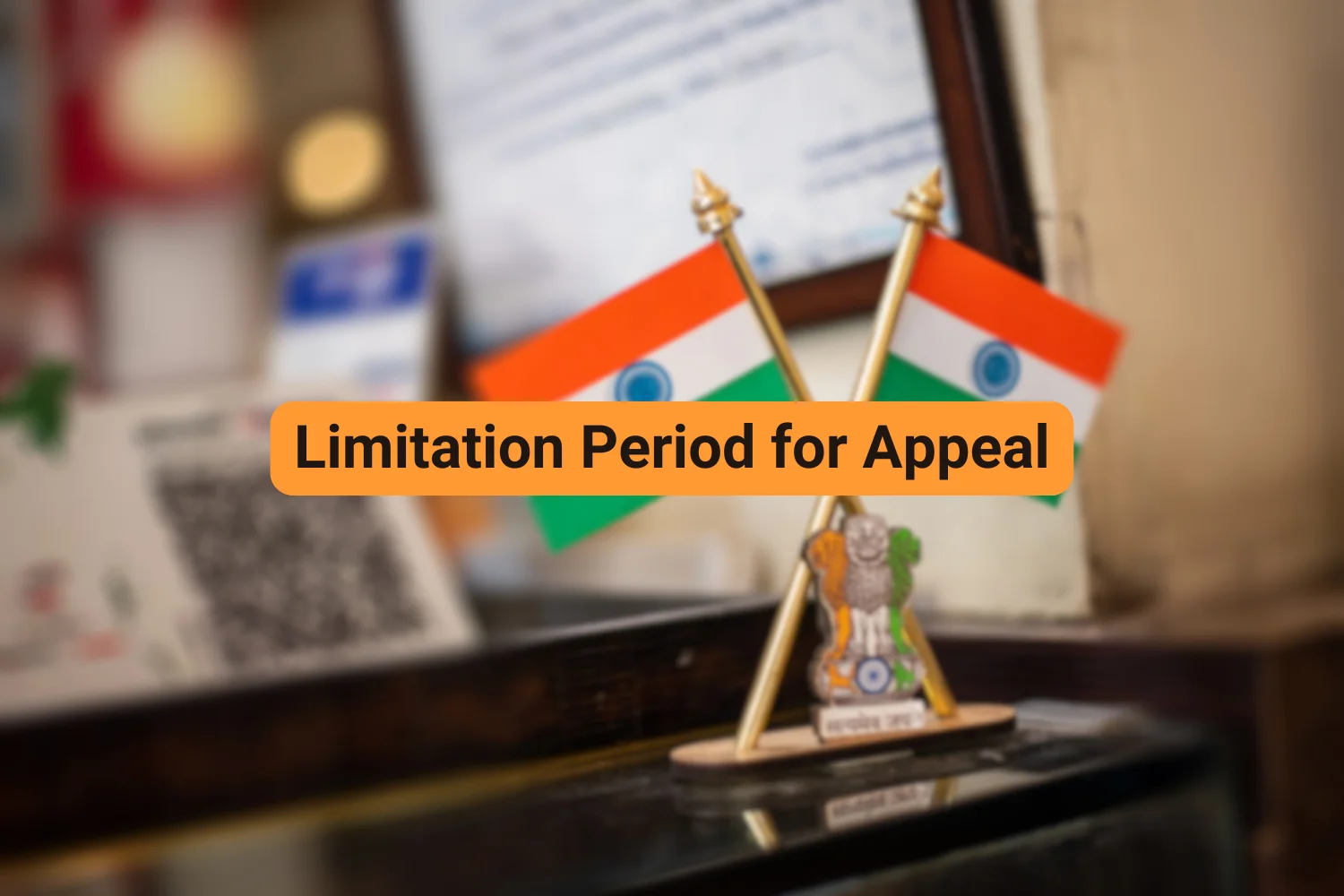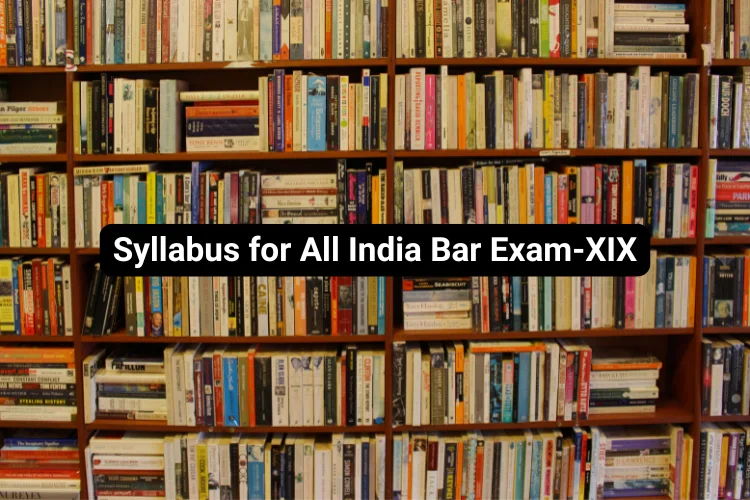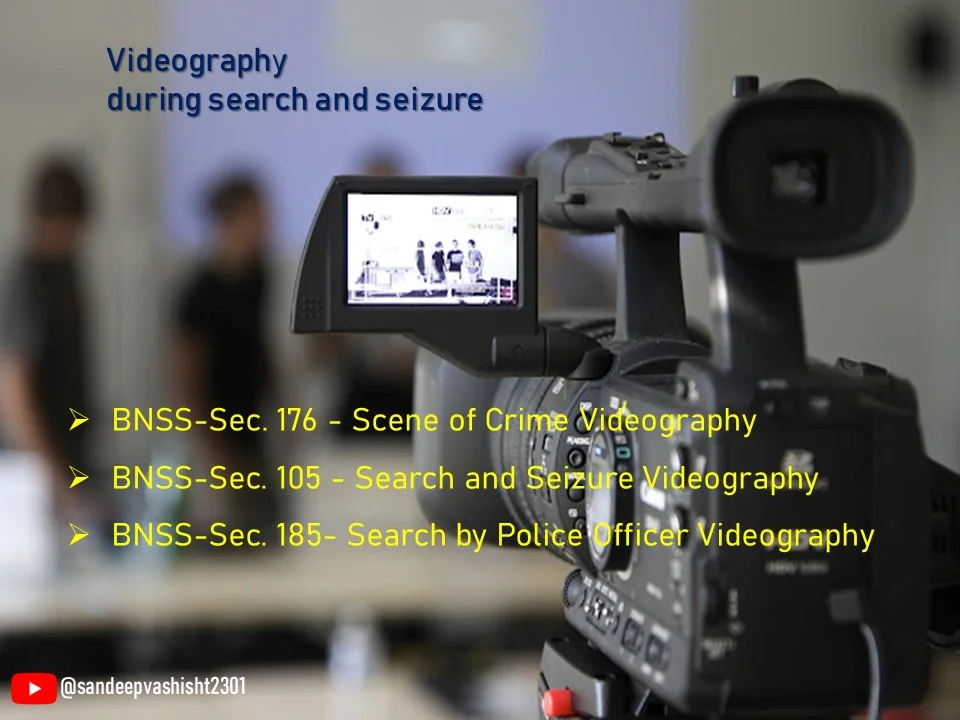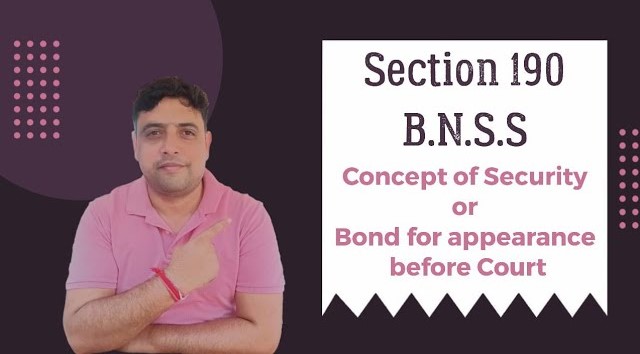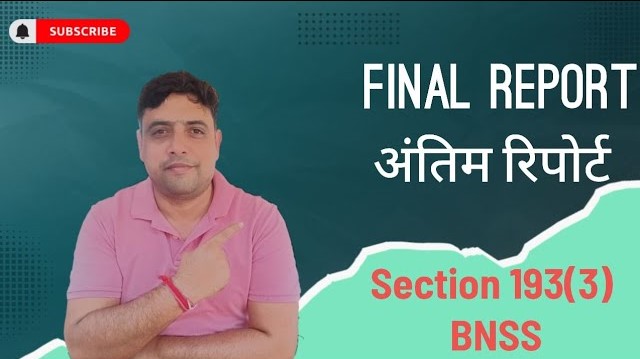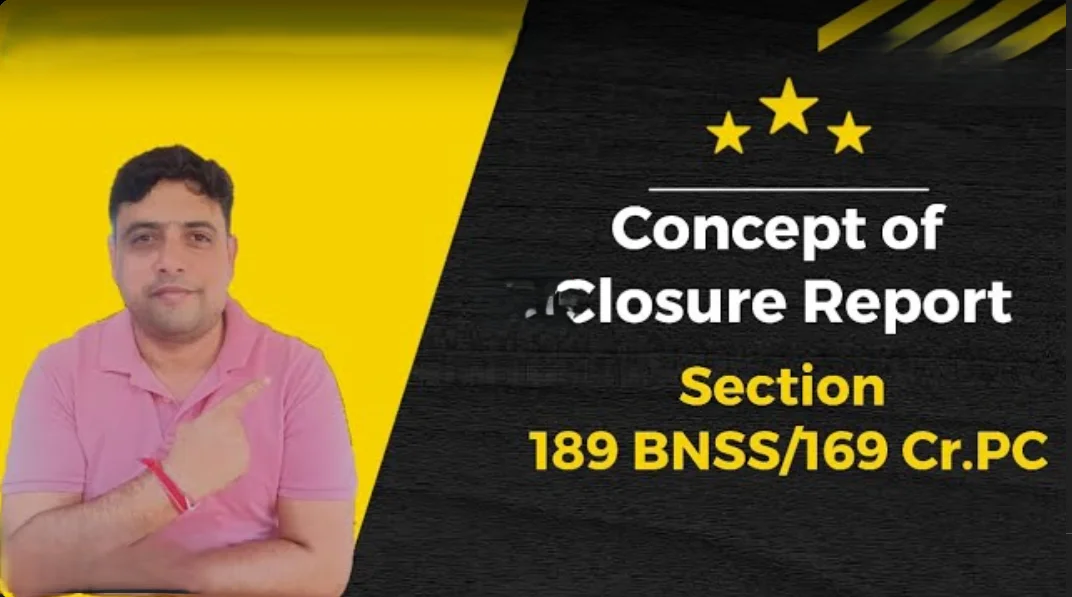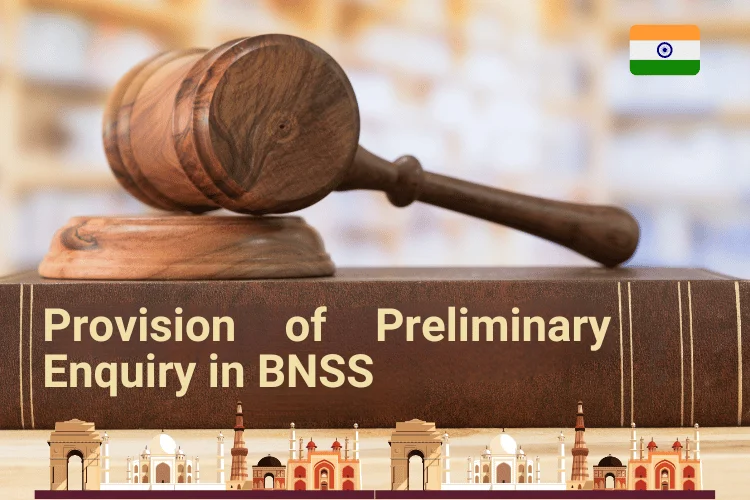POWER OF BAR COUNCIL OF INDIA FOR PNUSIHMENT FOR MISCONDUCT
The Bar Council of India (BCI) has the power to punish advocates for professional or other misconduct under the following provisions as contained in section 36 of Advocate Act 1961:
- Referral of cases [36(1)]: BCI can refer cases of misconduct by advocates whose names are not entered on any State roll to its disciplinary committee.
- Withdrawal of proceedings [36(2)]: BCI's disciplinary committee can withdraw proceedings for disciplinary action against any advocate pending before a State Bar Council and dispose of the same.
- Transfer of proceedings[36B]: If a State Bar Council's disciplinary committee fails to dispose of a complaint within one year, the proceedings shall stand transferred to BCI, which can dispose of the same as if it were a proceeding withdrawn for inquiry.
- Disposal of pending proceedings: BCI shall dispose of any pending disciplinary matters against advocates within six months or one year from the date of receipt of the complaint or initiation of proceedings, failing which the proceedings shall stand transferred to BCI.
In disposing of cases, BCI's disciplinary committee shall observe the procedure laid down in Section 35, with references to the Advocate General construed as references to the Attorney General of India.
CASE LAWS
- Kumari Achal Saxena v. Sudhir Yadav 2017: There Was following issues before the Hon’ble Court
Can a disciplinary committee of state bar council continue proceedings after one year from receiving the complaint?
Judgment: No. The Supreme Court ruled that disciplinary inquiries against lawyers must be completed within one year of the complaint's receipt. Any orders passed after this deadline are illegal.
Impact: This judgment enforces a time limit for resolving disciplinary cases, preventing indefinite delays.
- Ajutsinh Arjunsinh Gohil v. Bar Council of Gujarat
Issue: Can the Bar Council of India (BCI) remand a complaint back to the State Bar Council under its original jurisdiction?
Judgment: No. The Supreme Court clarified that the BCI's authority to remand complaints applies only under its appellate jurisdiction (Section 37) and not its original jurisdiction (Section 36B (1)).
Impact: This judgment defines the BCI's power to return cases. It ensures the proper flow of disciplinary proceedings between the BCI and State Bar Councils.
"Empowering your legal journey, one resource at a time. Welcome to Vidhoon, your trusted hub for
comprehensive law notes, practical guidance, and expert support.
Explore, learn, and succeed with us!







